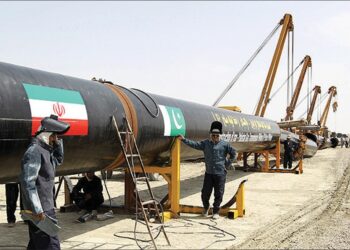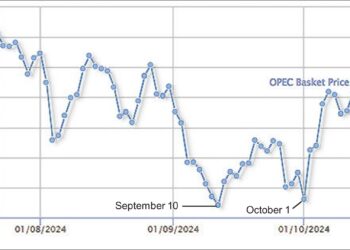February 18, 2022
Two prominent Iranian analysts say Iran’s economy can grow despite US sanctions, but only on a limited scale; the economy will not flourish so long as the regime remains under sanctions, they say.
This is the exact opposite of what the regime says almost daily.
Economist Bijan Khajeh-pour, managing partner at Eurasian Nexus Partners (EUNEPA), and energy journalist and analyst Hamid-Reza Shokouhi both discussed Iran’s economy in separate interviews with Al-Jazeera, the Qatar-based Arabic television news outlet.
They spoke after the World Bank said Iran’s economy is growing at 3.1 percent in the current Persian year and forecast it would rise 2.4 percent next year a welcome relief after two previous years produced major contractions, but still unimpressive given the global average growth in 2021 of 5.0 percent.
Khajehpour told Al Jazeera that if the sanctions’ banking restrictions remain in place, the cost of financial transactions will remain high, making imports and exports more expensive. It would also limit the types of markets and companies Iran is able to engage with.
“Therefore, the Iranian economy won’t prosper, though it may be able to generate low-level growth,” he said.
But to sustain that growth, Iran requires major infrastructure investments that Khajehpour says the country can only access if sanctions are lifted.
Shokouhi told Al-Jazeera that warmer relations with China and Russia cannot fully offset the stranglehold of US sanctions.
“There are rivalries between Russia and the US – as we see now in Ukraine – and China and the US, and these will naturally have some impacts, but it would be too optimistic to depend on these countries’ abilities to nullify sanctions,” he said. “The more Iran becomes dependent on these countries, as it has already become to a degree, naturally it increases China and Russia’s maneuvering power on Iran and this is not a good thing for Iran at all.”
In the energy sector, Shokouhi believes that for now, Iran can only depend on China for limited oil sales, and on Russia mainly for a potential development of and investments in energy projects, although sanctions are likely to curb that potential.
Economy Minister Ehsan Khanduzi recently announced that Russia has agreed to allocate a line of credit to develop the Sirik power plant in Hormozgan. But this is old news warmed over.
The original agreement for developing the power plant was signed in 2015, but the plant has been among several energy projects promised by Russia and China that have so far gone nowhere.
According to Khajehpour, trade with regional neighbors can contribute to Iran’s economic growth, but there are limits. For example, at times trade can entail barter agreements that are limiting for Iranian firms.
“Nonetheless, experience has shown that companies which enter export markets, even regional ones, are likely to develop other international markets,” he said.
“So, one can view the growing regional trade as a medium-term platform for strengthening Iran’s exports to international markets.”
But both Khajehpour and Shokouhi emphasized that Iran needs the nuclear negotiations to be successful if it wishes to unlock its economic growth potential.
“It appears the people and the business community in Iran are all eager for an agreement on the nuclear deal so there can be a sliver of hope for the economy,” said Shokouhi. “If there’s no agreement, I can’t imagine a bright outlook for the economy under these harsh circumstances.”


















